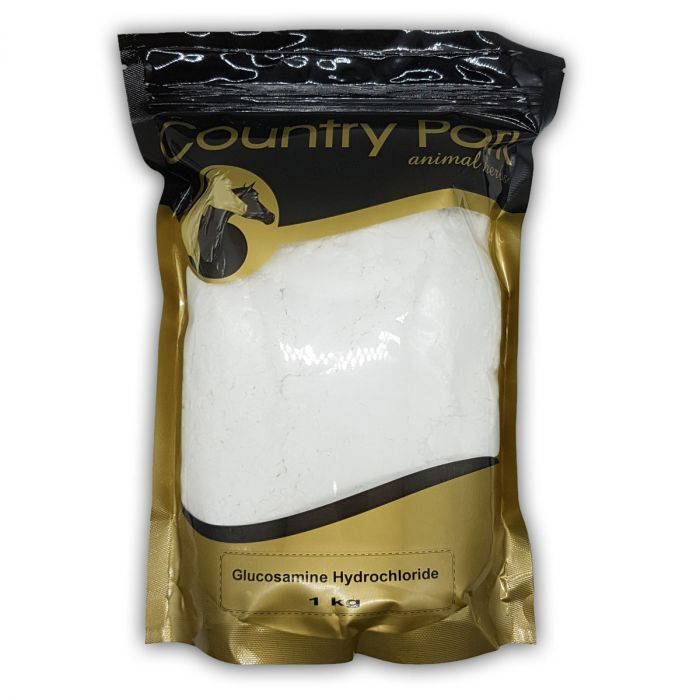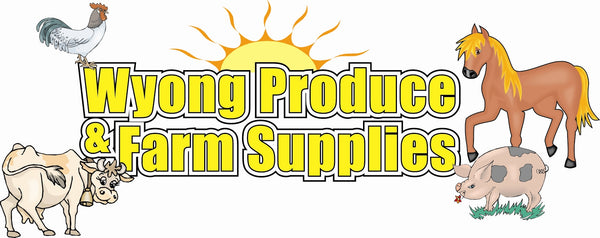Country Park Herbs Glucosamine Hydrochloride 1kg
Country Park Herbs Glucosamine Hydrochloride 1kg
Couldn't load pickup availability
Glucosamine is a glucose molecule bound to the amino acid glutamine, and it is found in almost all body tissues. It is one of the most significant compounds in the synthesis of cartilage which contains one of the highest concentrations of glucosamine in the body.
Cartilage and Arthritis/Joint Disease
Cartilage exists wherever bones meet and it acts as the shock absorber of joints – allowing smooth movement and cushioning. In the normal course of wear and tear on joint cartilage there is a continual process of cells and fluids being broken down and then replaced with newly synthesised cells. However, repetitive joint stress, aging and physical injury all contribute to cartilage losing its resilience. As cartilage production is disrupted and the cartilage degenerates osteoarthritis – characterised by pain, inflammation and joint stiffness - sets in.
How can glucosamine help?
Supplementing with glucosamine provides one of the most important raw materials for the synthesis and healing of cartilage. Studies have shown that orally supplemented glucosamine is - (a) well absorbed from the equine gut, (b) incorporated into joint cartilage, and (c) able to reduce the pain and inflammation associated with osteoarthritis.
Providing glucosamine to stimulate cartilage repair allows the body to address the cause of joint pain, which is preferable to merely attempting to suppress symptoms.
What about drugs?
While the use of corticosteroids and NSAIDs (non-steroidal anti-inflammatory drugs) can reduce symptoms and may be useful in the short term they have significant side effects, especially in long term use. One potential side effect of NSAIDs (e.g. bute) is gastro-intestinal bleeding, and with long term use there is also the possibility of liver and kidney dysfunction. Most significantly, the long term use of NSAIDs and corticosteroids can actually contribute to joint damage by inhibiting cartilage synthesis and repair.
In comparison, glucosamine supplementation actually “feeds” and promotes the healing process without the risk of further damage to joints.
Dosage… 10 grams/day until benefit is noted then gradually reduce to a maintenance dose of 3 to 4.5 grams/day (more for large horses). Increase again, as needed, if symptoms reappear.
Please note… It is important to remember that glucosamine is a nutritional supplement, not a drug, and it may take from 2-8 weeks before a response is evident. Also, glucosamine has been shown to function more effectively in the presence of a bio-available source of sulphur such as MSM


